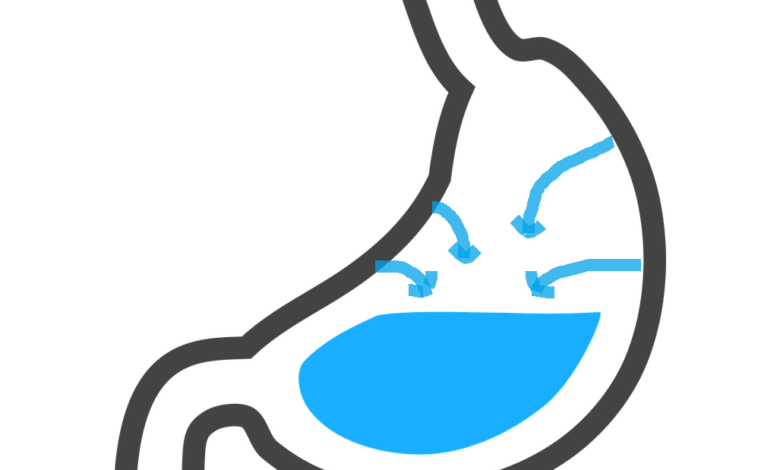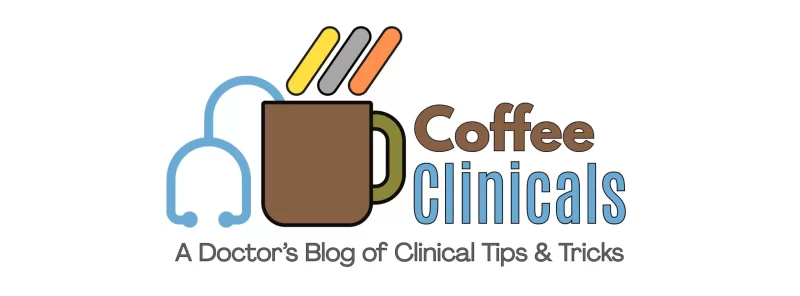
If you throw a dart blindly on a USA map, there is good chance that people who live in the vicinity of the dart have either used or are using a Proton Pump Inhibitor (PPI)! But as common as they are, some facts about them ain’t so well known. I already covered their second useful clinical effect before.
When PPIs like Pantoprazole (Protonix), Omeprazole (Prilosec), Lansoprazole (Prevacid), etc. are taken daily for more than a month, they block stomach acid (gastric acid) production by the inner lining of stomach (parietal cells) and the Gastrin hormone, which usually stimulates gastric acid, is now jobless & runs around agitated like the Weeknd in that super-bowl maze half-time show! Our body then reflexly generates more gastrin to try & break the PPI-induced acid block on parietal cells, spiking gastrin levels. Then one day when the medication is stopped and the acid blockade is gone, all that pent-up blood gastrin levels now create a tsunami of gastrin-induced stomach acid secretion! This is what creates the “acid-rebound” effect of stopping proton pump inhibitor antacids after a longer-term use. This effect tapers off in a month as gastrin levels calm down.
💡 Always warn your patients about this effect if they are prescribed PPIs for more than a month (for example in GI bleed, ulcers, etc. cases ), otherwise patients might go back to using PPIs for treating the rebound symptoms thinking they aren’t completely healed yet. They may potentially never stop those and then risk PPI side-effects. So advise them in advance to use chewable antacids & Histamine-2-Receptor blockers like Pepcid for expected acid-rebound management.
💡 Likewise, if you admit someone taking long-term PPIs and don’t continue it while they are admitted, expect their gastric parietal cells to spew out gastric acid with nausea, burning pain, heartburn etc.
P.S. : Do you know where the word ‘Protonix’ came from?
Don’t miss these fun posts! Subscribe via email 📩 | |
